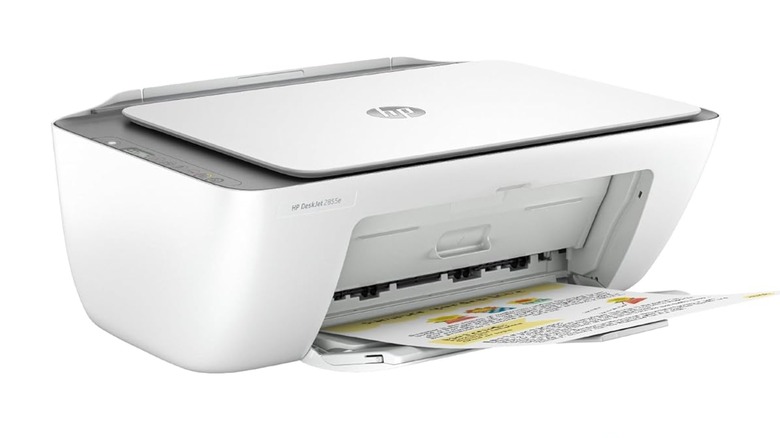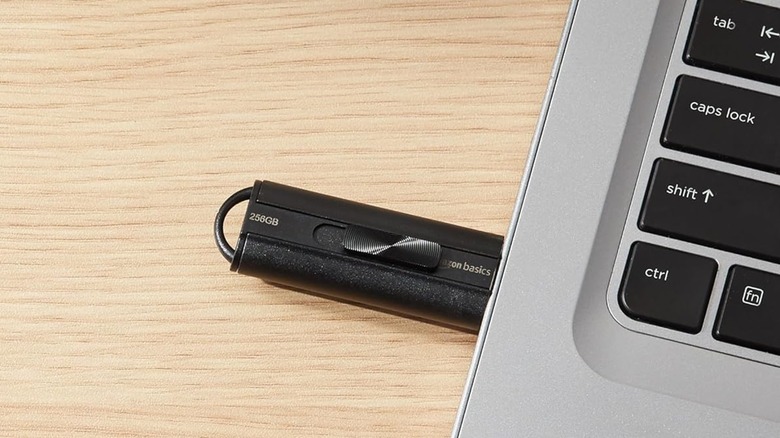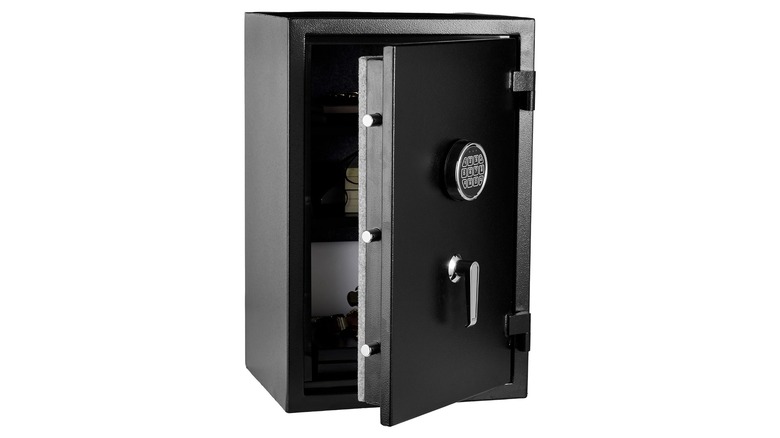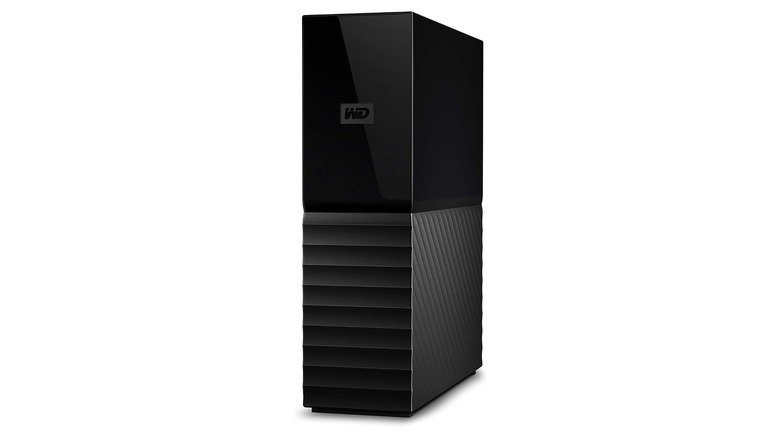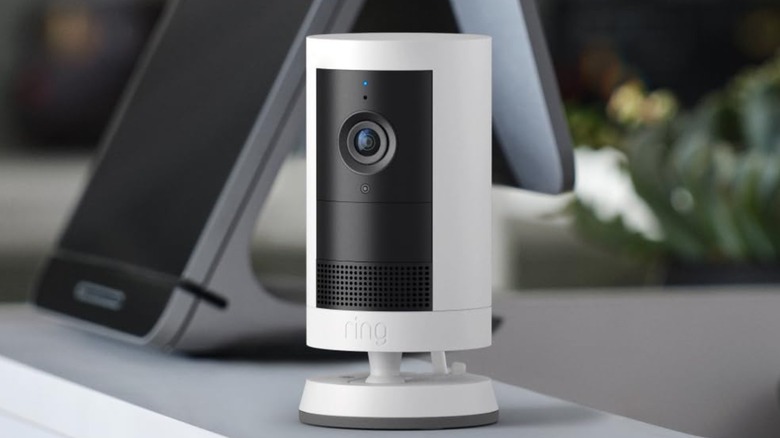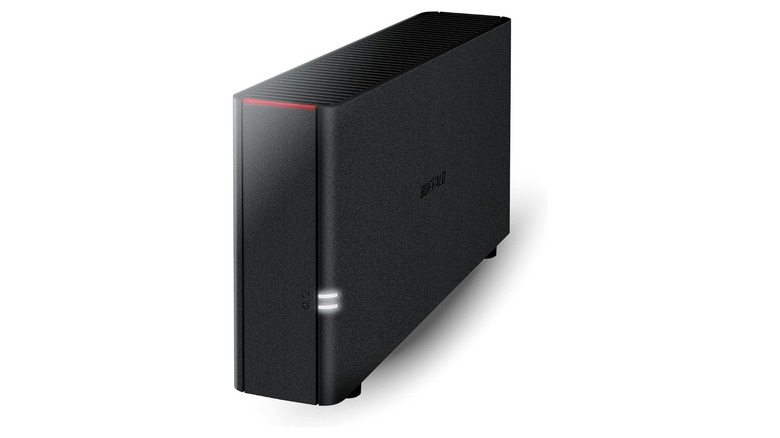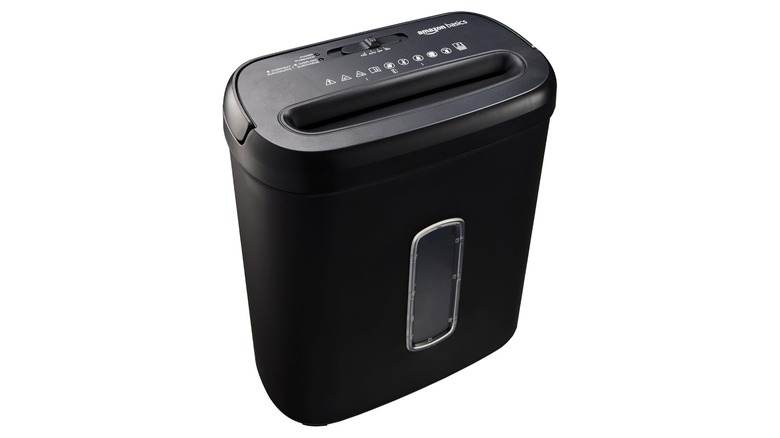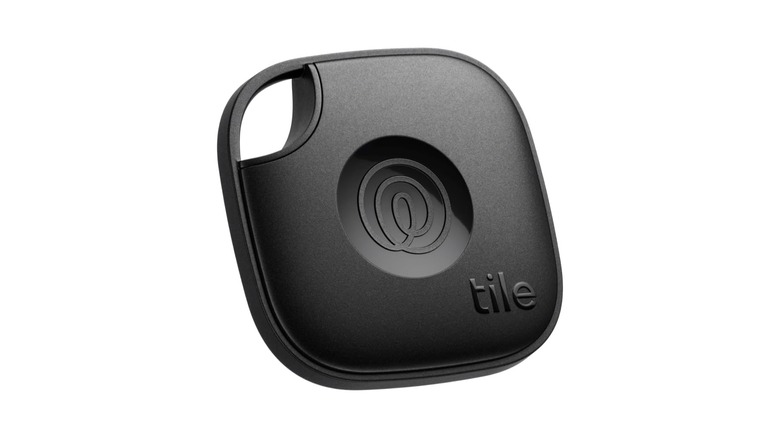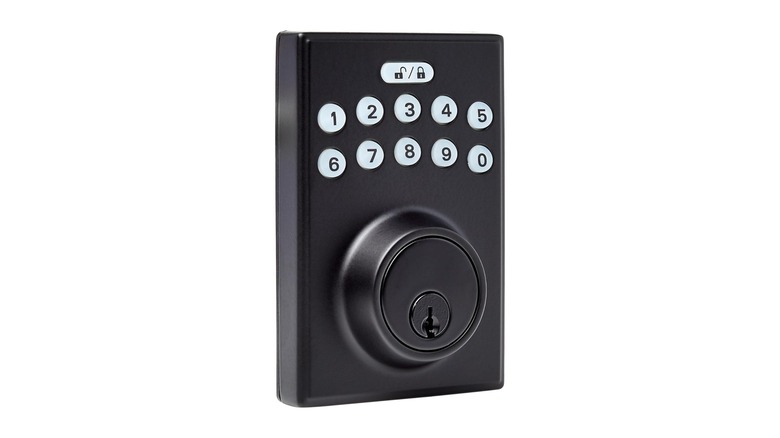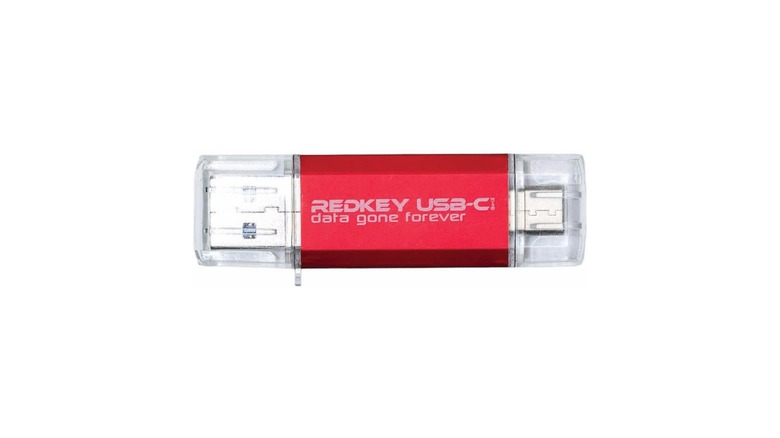10 Ways To Make Your Important Documents Disaster-Proof
We may receive a commission on purchases made from links.
You can never be too prepared for disastrous, life-changing events. One person could end up leaving their stove on or damage a load-bearing wall in their house, while another person could wake up to a break-in during which the thieves take everything that isn't nailed down. No matter what might happen, things could only get worse afterwards if you end up losing your important documents. If they were to be destroyed or fall into the wrong hands, you could end up with both a broken home and a pile of legal troubles.
Thanks to the modern age, it's likely that your own essential documents are both physical and digital. This means that there are a lot of different bases to cover if you want to keep track of every essential record you have. Luckily, with the help of simple products from places like Amazon, you can make sure you're completely prepared for every scenario possible. Whether it's making sure you don't lose anything or keeping sensitive information away from third parties, there's a lot you can accomplish by disaster-proofing your important documents.
Physical: make multiple copies
Making copies of important documents should always be considered, especially for those who tend to have problems with careful organization. If you don't mind taking a while to make those copies, a simple HP DeskJet printer can get the job done just fine. On top of making additional physical documents, it can scan your files and save them digitally to your computer. Just about all of the best major printer brands include both a copier and scanner in most models, so it shouldn't be too hard to get your hands on something that will work.
If you have the paper for it, you might want to consider making even more copies of documents you'll need on hand often. While just an extra or two might be enough, you'll end up kicking yourself if you lose track of them — or, worse yet, if you dump them all in the trash together while clearing out some space. Going so far might be seen as bordering on obsessive, but you can never be too careful. Especially if you happen to live with friends or family members who aren't nearly as mindful about what they toss.
Digital: save copies in multiple places
It's a lot easier to make copies of digital documents instead of physical ones. However, you should take care not to save all of those copies in one place, as a single hard drive failure can end up wiping out everything you have. The solution to this is to use multiple different devices for the documents you want to keep track of most, even if those devices are cheap and simple, like an Amazon Basics USB. Getting a group of storage drives and keeping the exact same files on them will protect you in case one of them ends up breaking down out of nowhere.
While this method is best suited for smaller and cheaper storage options, you can still make use of the largest external USB drives at every price point. Some documents will surely be larger than others, and having multiple drives with greater capacities will make it easier to keep track of everything you could possibly need. That being said, if you plan on keeping these backups stored somewhere safe after loading them with your documents, it's probably better to rely on HDDs rather than more expensive SSDs. With enough time to burn, the transfer speeds won't matter, and a lack of power could actually end up making SSDs lose your important data.
Physical: use a fireproof safe
One of the safest ways you can protect your valuables is with the help of a fireproof safe. Once again, you can find one from Amazon Basics, but its over-$150 cost is considerably more than other products you'd find from the brand. As one might expect, this is the sort of thing that's designed to keep whatever's inside protected from high temperatures. With quality construction, these safes can also withstand falling debris, which is almost certain to be a problem in a house fire.
Some reviews for the Amazon Basics fireproof safe have criticized its locking mechanism, which relies on a frustratingly cheap keypad to keep it all together. While it's important to make sure your belongings are secure, these safes are more focused on keeping them unharmed rather than preventing theft. Disaster comes in all sorts of forms, and if you're unable to make copies of important documents for whatever reason, it's wise to store them in something that can withstand some physical damage.
Digital: encrypt your files
If the risk you take with important documents comes from them having sensitive information, encrypting those documents digitally might be your best bet. Some third-party drives like the Western Digital MyBook come with proprietary security software, but you can also encrypt a hard drive on Windows yourself with programs like BitLocker. These methods will give you complete control over who else is able to see or use your files. Thanks to password protection and drive-level encryption, very few people will be able to take advantage of your data without expending a large amount of time, skill, and resources of their own.
This isn't a perfect solution in every case. Encrypted files can still be hacked by the right people, and depending on your method of encryption, their protections can be bypassed simply by being in the same room as you. If those people can get access to your computer personally or overhear you saying your passwords out loud, you'll have essentially wasted your effort towards disaster-proofing your files. Even so, it's an extra layer of protection that will stop most attackers, especially when those attackers prey on victims without the common sense to have that protection in the first place.
Physical: monitor your home
When it comes to more physical examples of documents getting stolen, a good deterrent is simply to keep an eye on them. A Ring camera, for example, is an easy way to monitor what's inside and outside of your home, letting you make sure nothing is out of place. If you're able to watch out for ways thieves can disable your Ring camera, you can take measures against those who might try to break into your home and take your most vital records. You might even have an easier time recovering things that were already stolen if you managed to capture a good image of the thief.
Even without the threat of others taking your documents, a camera pointed at them can still end up being really helpful. If something happens to move or disturb them or the room they're in, monitoring that area can clue you in to what's going on. If something in that room ends up causing a fire, for example, you can pull your documents out of there and keep them protected even without a fireproof safe. Simply knowing what's happening to your files at a given time can be the best way of keeping them secure.
Digital: use cloud storage
Those unable to trust the drives in the home — either due to a lack of security or a high failure rate — might want to look into cloud storage. Some of the best cloud storage options for personal use will provide their own encryption services while letting you access your data from any machine you can reach. Some physical products, like the Buffalo LinkStation, will also allow you to create your own personal cloud storage drive. If you store it away somewhere safe with constant electricity, situations requiring your essential files can be handled much more quickly.
If you don't rely on your own cloud storage, many services will require a monthly or yearly subscription if you want to store many important documents at once. Additionally, while cloud storage might be safe from most physical damage, it's not quite the pinnacle of safety. Breaches are an ever-present issue to watch out for among these services, especially when, in the past, companies like Apple knew about cloud security issues and didn't bother to fix them until it was too late. These services are still good for storing data you want to keep for yourself, but maybe not for the documents you wish to keep away from others.
Physical: Use Paper Shredders
At some point, you aren't going to need some of your important documents anymore. Once you get to that point, keeping them around only increases the risk that someone untrustworthy might get their hands on them. This is perhaps the biggest reason why paper shredders exist, allowing for an easy way to turn your unneeded files into unrecognizable trash. A simple Amazon Basics shredder can get the job done, even coming with various modes to prevent jams and recover half-shredded papers.
While a paper shredder obviously won't do much to keep your documents unharmed, it's useful if you know that you'll need to get rid of them before long. Maybe you'll have a lot of people over to your house, or maybe you're going away and leaving everything unattended and vulnerable. You can always just tear up the documents yourself, but hand-ripped paper can easily be stuck back together like a puzzle. At least with a shredder, putting the pieces in place will be a much more difficult ordeal.
Digital: track your devices
Stolen documents can be an especially large concern, but simply misplacing them can cause just as much worry. In both scenarios, investing in a Bluetooth tracker like the Tile can help negate such troubles. These can be helpful for both physical and digital documents since they're designed to be attached to important items. In other words, whether you keep it in a bag or you stick it onto a laptop, you'll have pretty good peace of mind even if you lose track of anything you're carrying outside.
Making use of the best major Bluetooth tracker brands can lead to a lot of different benefits, depending on what you're trying to track. Some of them will have special form factors that can make them easier to keep with your personal effects, while others, like Apple's AirTag, will have more solid connections with devices from the same brand. In some cases, you won't even need to use these trackers, with Google's Find My Device network for Android allowing you to find lost smartphones with minimal effort. If you happen to store a lot of important documents on your mobile device, that sort of feature might end up being indispensable to you.
Physical: store documents in locked rooms
If you already have a plethora of sensitive documents at your fingertips, you aren't likely to leave your front door unlocked. However, if someone is able to break into your house, leaving your documents in the open without any extra protection won't do you much good. Not every home is a bastion of security, but you can always buy locks for yourself and add them to other doors. Even in this case, Amazon Basics comes through, offering an electronic keypad on top of a lock that you can install yourself.
For those looking to keep important documents protected, it's probably best to install these locks in out-of-the-way rooms. Dedicating a closet as a high-security storage area will make it harder for thieves to rummage around, and it's possible that they might just overlook what those doors are hiding inside. It's a very simple option that might also be seen as a bit overkill, but putting as much deterrence in place as possible can effectively eliminate any worry of thievery. Just be sure you can get to your documents without nearly as much trouble, or other types of disasters might catch you off guard.
Digital: use data-wiping tools
As a digital equivalent of a paper shredder, data-wiping tools can be essential for keeping important files out of the wrong hands. You can always make use of specialized software to make sure everything is completely deleted, but a more freeform option can be found in the Redkey USB. This handy stick can simply be plugged into a computer to automatically erase everything on its drives, preventing the use of recovery software entirely. As long as you don't need those files anymore, this is one of the best ways you can make sure no one will access them ever again.
While something like this is useful to prevent one disaster, you should be careful that it doesn't cause an entirely different one. With how easy it is to use these sorts of tools, a lack of care in where you use them might end up leading to you wiping very important data on other drives. Not every method of disaster-proofing is compatible with every other due to the very broad nature of what can be considered a disaster in the first place.

